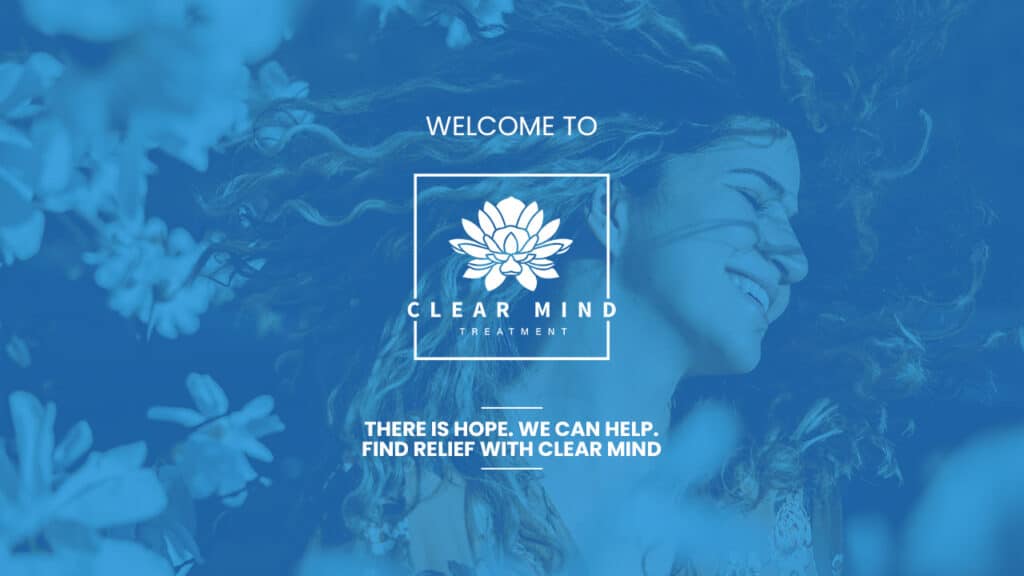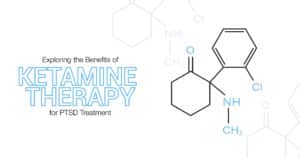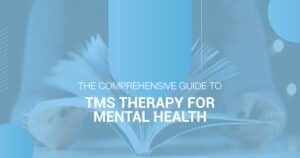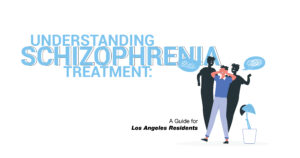
Image Source: FreeImages
By https://clearmindtreatment.com
When it comes to battling personal demons, some people prefer a one-on-one approach while others thrive in groups. Group therapy is a dynamic form of psychotherapy that allows individuals to work with others who are going through the same challenges and issues. It’s no surprise that the power of group treatment has proven effective in treating many different mental health conditions. By working with others who are dealing with similar struggles, patients get a unique insight into what they’re going through and why they respond to certain things in particular ways. Working together as a group creates an environment of support, encouragement, and accountability for each individual involved—all elements which can make a huge difference when recovering from personal challenges or trauma. Read on to learn more about group therapy and how it can help you or someone you love find peace and happiness again.
What is Group Therapy?
Group therapy involves two or more people meeting regularly to discuss problems and concerns, and work towards solutions. The group members are led by a trained therapist who facilitates the discussion and helps members understand what they are going through. Group therapy is different from some other types of therapy, such as couple’s counseling or family therapy, in which only two people are present. Unlike individual therapy, which focuses on the needs of one person, group therapy is designed to offer support and understanding to patients, while also providing them with new skills and techniques for managing their struggles. Group therapy can be helpful for many different mental health conditions and issues. It can be used as a standalone or as an addition to individual therapy.
5 Reasons Group Therapy is Effective
– Mirroring – In group therapy, members often take turns sharing their thoughts and experiences, just like they would in a one-on-one session. In turn, the people who are listening to the group members can provide feedback that helps the individual understand themselves better. Because groups often consist of people going through similar circumstances, they can offer each other support and encouragement as they all work to overcome their challenges and strive towards personal goals.
– Group Identity – As people work together to find solutions to their issues, they often develop a sense of shared identity and “ownership” of the group. That’s why many people feel strongly about staying with their original group members even when their therapy is complete. Having a positive group identity can help members stay motivated and encourage one another to stay on track.
– Cognitive Behavioral Therapy (CBT) – Many people who participate in group therapy also take part in cognitive behavioral therapy (CBT), which is an effective, proven form of talk therapy. In CBT, patients learn to challenge negative thoughts that trigger certain emotions and feelings. Group therapy often involves exercises designed to help patients become aware of their own patterns and better understand why they respond to certain situations in specific ways.
– Feedback and Accountability – Some group therapy sessions are led by a trained group facilitator who works to keep the discussion moving, while providing feedback and encouragement to participants. In this way, the group member can be held accountable for their progress while receiving encouragement from others to keep moving forward.
3 Important Things to Know About Group Therapy
– People often feel anxious about participating in group therapy, especially if they have never done it before. But, the anxiety that often comes from being in a group actually helps to pull people out of negative thought patterns and thought loops.
– Not everyone who participates in group therapy is ready for individual therapy. If you are struggling with severe mental health issues and feel it’s time to talk to a therapist one-on-one, don’t let being in a group hold you back.
– There are many different types of group therapy, including support groups, CBT, and experiential therapy. Before you decide to participate in a group, make sure the type of group therapy offered is one that works best for you and your needs.
3 Conditions Where Group Therapy is Especially Helpful
– Trauma – People who experience trauma, either in childhood or later in life, may find group therapy helpful because it provides a safe space for them to discuss what happened to them and begin to work through their feelings and emotions.
– Eating Disorders – Eating disorders are often treated with both individual therapy and group therapy. Research suggests that group therapy can help people with eating disorders feel less alone, improve their self-esteem, and increase their self-confidence.
– Addiction – Addictions often affect people on a deep, emotional level, and group therapy can help addicts deal with their feelings, discuss triggers that make them want to use, and develop healthier ways of coping with difficult emotions.
Kinds of Group Therapy
– Support Groups – Support groups are a common type of group therapy where people who share a common experience come together to find support, encouragement, and an opportunity to learn from each other.
– DBT – Dialectical behavioral therapy (DBT) is a type of cognitive behavioral therapy. Cognitive behavioral therapy tries to identify and change negative thinking patterns and pushes for positive behavioral changes.
DBT may be used to treat suicidal and other self-destructive behaviors. It teaches patients skills to cope with, and change, unhealthy behaviors. People with Borderline Personality Disorder definetly benefit from DBT.
– CBT – CBT is a type of group therapy that helps people become aware of their thoughts, emotions, and patterns of behavior. It can be used to treat many different mental health issues, such as anxiety and depression.
– Narrative Therapy – Narrative therapy is a type of group therapy that helps people who have experienced trauma to tell their stories. This type of therapy can help people cope with traumatic experiences, understand why the event affected them, and move forward in their lives.
– Art Therapy – Art therapy is a form of group therapy that uses art-making as a way to express thoughts and feelings.
2 Conditions Where Group Therapy is Less Effective
– Schizophrenia – People with schizophrenia experience a loss of contact with reality and may have trouble interacting with others and taking part in group therapy.
-Extreme Suicidal Thoughts or Behaviors- People who are having extreme suicidal or self-harm behaviors may need a higher level of care or hospitalization in order to keep them safe.
Bottom line
Group therapy is a powerful form of psychotherapy in which two or more people meet regularly to discuss their issues and work towards solutions. Group therapy can be helpful for many different mental health conditions, including trauma, depression eating disorders, and addiction. Group therapy can be especially helpful for people who have experienced trauma or who have borderline personality disorder.
__
Clear Mind Treatment is a 45-90 day program specialized in treatment resistant depression, anxiety, bipolar disorder, and PTSD using traditional psychotherapy and cutting edge technologies, like Ketamine, TMS, EMDR. We are a big fan of neuroplasticity and meditation and believe that when you can change your thought and feeling patterns, you can change your life. We take most PPO insurance, medicare, and AHCCES in Arizona. Give us a call anytime 310-571-5957 www.clearmindtreatment.com









